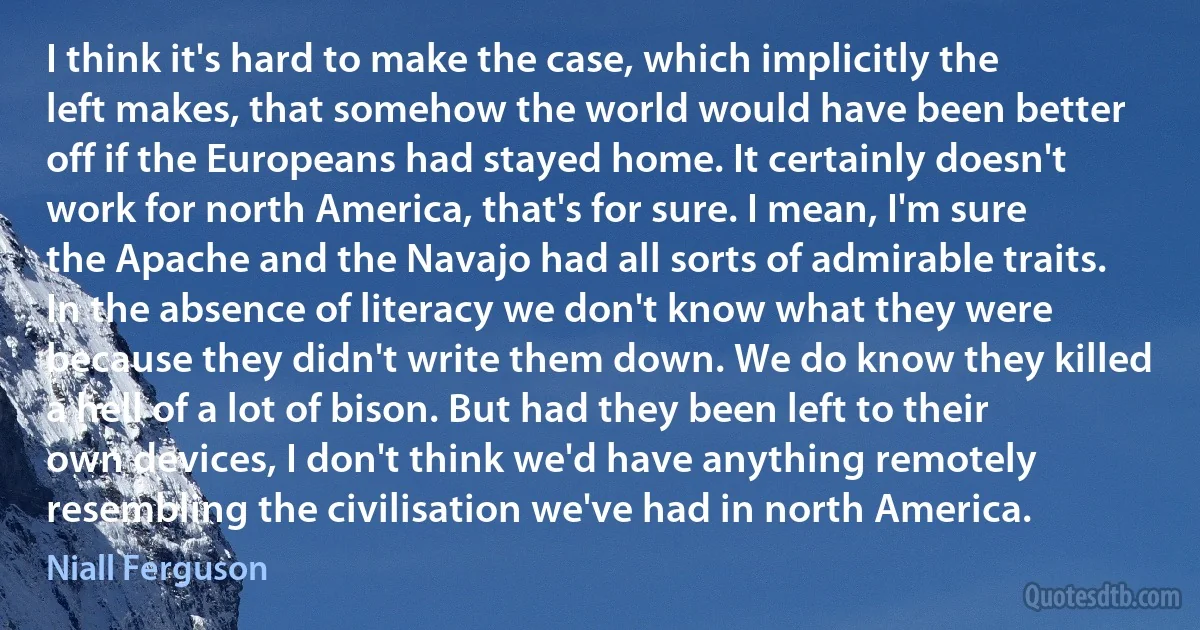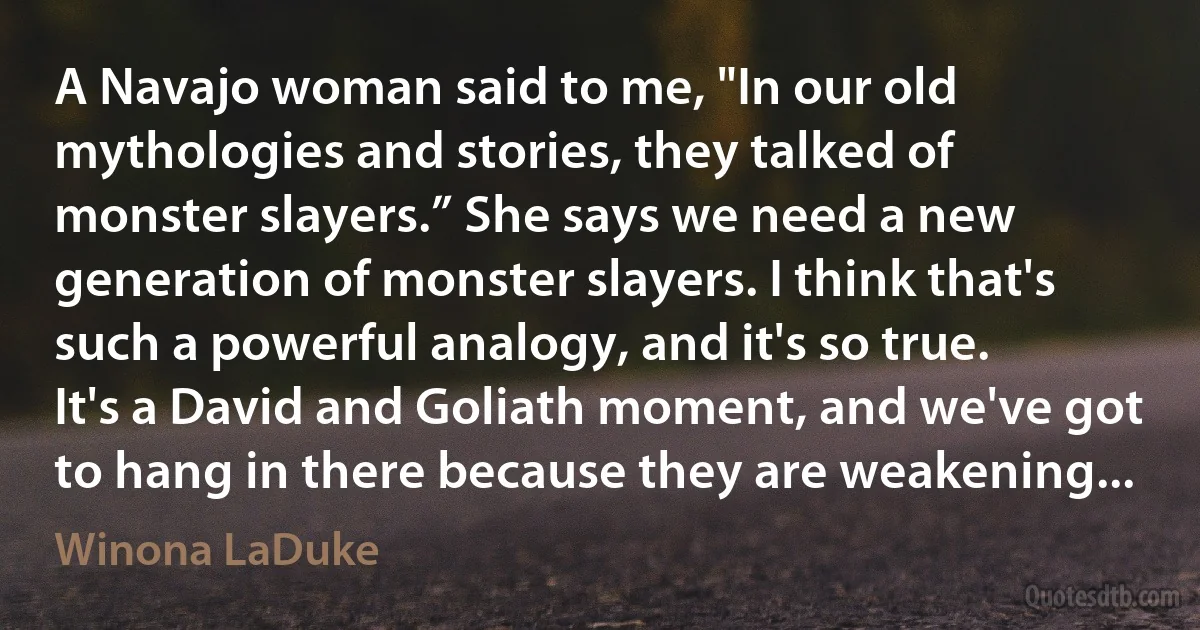Navajo Quotes
Owing to the strength of this [the Navajo] tribe which numbered then not less than sixty or seventy thousand (60 or 70,000) souls embracing as it did some of those Indians who now call themselves 'Apaches' but who still speak the same language, and who are so alike, and to the fact that they inhabit a country equal to one-third of the whole Territory; that this section was a 'Terra Incognita' and that there is no portion of the American Continent so well adapted by nature for the peculiar style of warfare adopted by the Indians, it is not at all surprising that the many powerful campaigns made against them by the Spanish Government were entirely barren of results as to their subjugation.

Kit Carson
Dr. [Michael] Steck [superintendent of Indian affairs for New Mexico,] showed me a report which he is going to submit to the Indian department here, in which he disapproves your policy to colonize the Navajo Indians, decidedly. He made several other allusions to your campaign against them, which I did not like nor believe. He thinks it impossible to put the Navajo nation on the Pecos for the small space of irrigable lands at the Bosque.. [Fort Sumner.].

Francisco Perea
Regardless of how secure a communication line is and how unbreakable a cryptographic algorithm seems to be, the weak links are often the endpoints - the sender (before encryption) and the recipient (after decryption) - unless they are code talkers using a language more obscure than Navajo.

Newton Lee
After the Spaniards settled the Southwest, the Navajo began another burst of cultural borrowing-or, more actually, stealing. Spanish ranches and villages were so depleted of horses-not to mention sheep-that by 1775 the Spaniards had to send to Europe for 1,500 additional horses. After the Pueblo Rebellion against the Spaniards was put down in 1692, many Pueblo took refuge with their Navajo neighbors-and taught them how to weave blankets, a skill for which the Navajo are still noted, and to make pottery. During this time the Navajo probably absorbed many Pueblo religious and social ideas and customs as well, such as ceremonial paraphernalia and possibly the Pueblo class system.

Peter Farb
By the time the United States took possession of the Southwest in 1848, after the Mexican War, the Navajo had become the dominant military force in the area. ...The American soldiers who marched into Santa Fe had no trouble with the Mexicans, but the Navajo stole several head of cattle from the herd of the commanding general himself, not to mention thousands of sheep and horses from settlers in the vicinity.

Peter Farb
In 1863, Colonel Kit Carson was ordered to clear the country of Navajo Indians and to resettle any survivors at Fort Sumner in eastern New Mexico, where they could be "civilized." Carson's strategy was the same as that applied against the Plains Indians a little later: He destroyed the Navajo food base by systematically killing their livestock and by burning their fields. Carson's "Long Knives" (his soldiers so named because of their bayonets) also cut off the breast of Navajo girls and tossed them back and forth like baseballs.... Ultimately, about 8,500 Navajos made what they still call the "Long Walk" to captivity at Fort Sumner, three hundred miles away. After they had been there for four years, the Navajo signed a peace treaty that entitled them to a reservation of about 3,500,000 acres, much less than they had held previously.

Peter Farb
About fifteen years ago, the Navajoes were subjected by the energy of Col. Vizcarra, who succeeded in keeping them in submission for some time; but since that officer's departure from New Mexico, no man has been found of sufficient capacity to inspire this daring tribe either with respect or fear; so that for the last ten years they have ravaged the country with impunity, murdering and destroying just as the humor happened to prompt them. When the spring of the year approaches, terms of peace are generally proposed to the government at Santa Fé, which the latter never fails to accept. This amicable arrangement enables the wily Indians to sow their crops at leisure, and to dispose of the property stolen from the Mexicans during their marauding incursions, to advantage; but the close of their agricultural labors is generally followed by a renewal of hostilities, and the game of rapine and destruction is played over again.

Josiah Gregg
Particular care should be taken that every promise made to them [the Navajo and Mescalero Apache] should be observed to the letter. In this way I am confident that in a few years they would equal if not excel our peaceful and industrious Pueblos, and be a source of wealth to the Territory, instead of being as heretofore its dread and impoverishers.

Kit Carson


